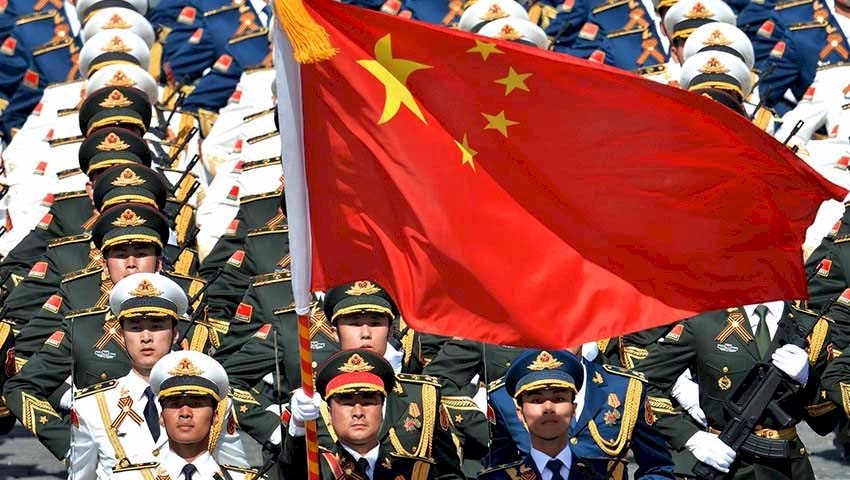Recent trade sanctions on Australian commodities have hit the Chinese economy and caused blackouts across major cities. Indeed, what Beijing intended on being a warning shot became an own goal.
China’s recent trade sanctions on Australian commodities have placed fresh financial burdens on Chinese businesses, which have been forced to fork out a premium to buy from alternative commodities markets.
This is the view of David Uren, senior fellow at ASPI in The Strategist this week. Uren argues that the Chinese government’s assault on Australian coal has drove the price per million tonnes of metallurgical coal paid by China to an estimated US$400 million, from US$250 million paid by other international users.
“Since China’s mills use almost 2 million tonnes of coal every day, the premium it pays above coal costs in the rest of the world adds up to about US$2 billion a week,” Uren argues.
Indeed, Uren explains that the Chinese-Australian coal market dominated the global metallurgical coal trade.
“Australian exports account for 58 per cent of the global seaborne trade in metallurgical coal, compared with 21 per cent in thermal coal. In 2019–20, China took a little over a third of Australia’s premium metallurgical coal exports and Australia supplied about 55 per cent of China’s metallurgical coal imports,” he continued.
It was clear that China’s grand strategy that included broadening the country’s supply chain proved resoundingly ineffective. The price of metallurgical coal in China skyrocketed following China’s ban on Australian coal imports.
“Mongolia replaced Australia as China’s largest source of supply, but the COVID-19 pandemic forced the closure of the two main coal truck routes in May. BHP reported that the trade which had carried 720 coal trucks a day had slowed to a trickle. There was some recovery in July, but then another closure in late August,” Uren continued.
Despite this, Uren argues that China still has yet to make up for the decline of coal imports from other import partners, with coal imports decreasing by some 43 per cent between the first seven months of 2020 to the first seven months of 2021.
“According to the South China Morning Post, a quarter of production capacity in Shanxi — the province that produces the most coal — has been shut down for safety reasons. Coalmine closures for safety reasons have also been ordered in Henan and Hebei provinces,” Uren continues.
China’s woes don’t end there. Not only have metallurgical coal shortages hurt Chinese steel production, but thermal coal shortages have caused mass power outages across China as energy demand outstripped supply.
According to a story released by Bloomberg, China’s energy shortages are so severe that 11 provinces were warned to prepare for another round of shortages during the summer months, following mass blackouts during winter. Among those impacted areas include Beijing and numerous manufacturing centres.
“China’s top market regulator, the National Development and Reform Commission, has vowed a massive buildup of coal reserves. It sent a notice to the six biggest state-owned power firms requiring them to restock enough coal for more than seven days by July 21 to prevent unplanned blackouts,” it was reported in Bloomberg news.
To combat the threat of blackouts, China has resorted to rationing electricity, which is expected to hurt China’s manufacturing sector.
“Guangdong province — a manufacturing center responsible for $1.7 trillion, or more than 10 per cent, of China's annual economic output and a bigger share of its foreign trade — has been rationing power for over a month,” Laura He wrote in CNN Business.
“The restrictions have forced companies across the province to shut down for a few days per week. Some local authorities are warning that power rationing could last through the end of the year.”
While the Chinese boycott of Australian coal was supposed to send a warning shot to Canberra, the economic and social impact of China’s coal boycott was an own goal by Beijing.
Get involved with the discussion and let us know your thoughts on Australia’s future role and position in the Indo-Pacific region and what you would like to see from Australia's political leaders in terms of partisan and bipartisan agenda setting in the comments section below, or get in touch with


